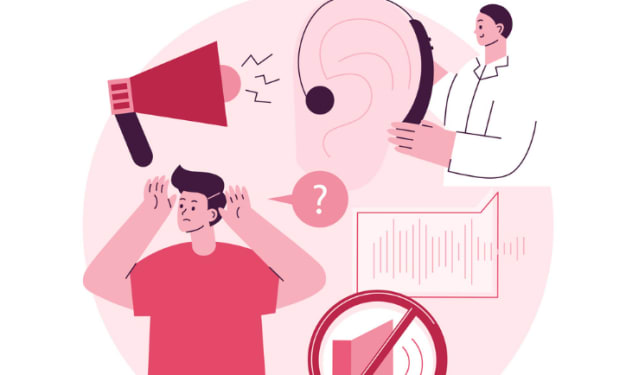Happy tips from the book All You Need is less by Vicki Vrint
Happy tips

appiness is a positive emotional state, characterized by feelings of pleasure, contentment, and well-being. Happiness is not just about the absence of sadness or stress, but rather an overall feeling of life satisfaction and emotional balance. Happiness can come from a variety of sources, whether from personal achievement, good relationships with others, good health, or from living a life that is meaningful and in accordance with human values.
here are happy tips from the book All You Need is less by Vicki Vrint
1. Reduce unnecessary stress.
Reducing unnecessary stress means identifying and eliminating factors that cause excessive stress in your life that could have been avoided or overcome. Unnecessary stress is stress that arises from a situation or circumstance.
2. Reduce unnecessary thoughts.
What is meant by "reduce unnecessary thoughts" is to identify and reduce unproductive or unhelpful thoughts or worries. Such thoughts are often negative, repetitive, and do not lead to constructive solutions.
Our brains are limited, meaning that they can only store and remember a certain amount of information in a certain period of time. There is a limit to the amount of information that can be remembered in the short term (working memory) and also in the long term.Focus on the most important and urgent issues or tasks. Decide which ones require immediate attention and resolution.
3. Cut down on buying unnecessary items.
Reduce buying unnecessary items refers to a policy to control the desire or tendency to buy items that do not provide significant value or benefits.set a budget for monthly or yearly shopping, and prioritize essential and necessary purchases,Before buying something, ask yourself if the item is really needed or just wanted.Before going shopping, make a list of necessary items and try to stick to it.Don't just be tempted by cheap prices. consider the quality of the item and whether it will last long or not.
4. Cut down on unhealthy foods.
Reducing unhealthy foods is a policy to reduce the consumption of foods that are low in nutrients or have the potential to cause long-term health problems. These include foods that are high in saturated fat, added sugar, excessive salt, and low in fiber. Reducing unhealthy foods can bring significant health benefits, for example Prioritize fresh foods like fruits, vegetables, and lean proteins like fish and lean meat, Avoid processed foods that are high in added sugar, salt and fat, Opt for healthy fats from nuts, avocados and unsaturated vegetable oils,Limit consumption of added sugar from sugary drinks, candies, and desserts, Control food portions to prevent excess calorie consumption, Check nutrition labels to choose foods with good quality.
5. Cut down on unnecessary friends.
Review your relationships with friends and consider whether they are providing positive support or adding stress or drama to your life. Identify friends who may have a negative or unhealthy influence on your decisions or behavior and avoid unnecessary interactions with these people.Then befriending people who are better than you, in many aspects, can be an opportunity to learn and grow. They can be your mentors and provide valuable insights for us. Make sure you have a balance in your social relationships, maintaining friendships and family of course.
6. Reduce unnecessary worries
Reducing unnecessary worry is about managing stress and anxiety that provides no benefit or solution in everyday life. This involves being aware of and overcoming the tendency to get stuck in negative or exaggerated thinking about things that you may not be able to control. Avoid constantly reliving negative experiences. Whenever the thought arises, try to shift your attention to positive things or activities that you enjoy. Mindfulness exercises can help you stay focused and prevent getting stuck in painful memories of the past.
7. Reduce your ambition
Too much ambition can result in unhealthy pressure and excessive stress. Its commitment can help manage stress and prevent burnout or mental fatigue.If you feel the need to reduce your ambition, consider the following steps:
Reflection and Evaluation: Review your current ambitions and consider whether they are still relevant or need to be adjusted to new situations or goals in your life.
Set Priorities: identify the things that are most important to you right now and focus on them.
Make Space for Balance: Make sure you make time for rest.
Talk to People Nearby: Discuss your change in ambition with a trusted friend or family member you trust.
Being ambitious doesn't mean giving up or lacking passion in achieving your goals, it's more about adjusting to your current life circumstances and needs.
About the Creator
Enjoyed the story? Support the Creator.
Subscribe for free to receive all their stories in your feed. You could also pledge your support or give them a one-off tip, letting them know you appreciate their work.





Comments
There are no comments for this story
Be the first to respond and start the conversation.